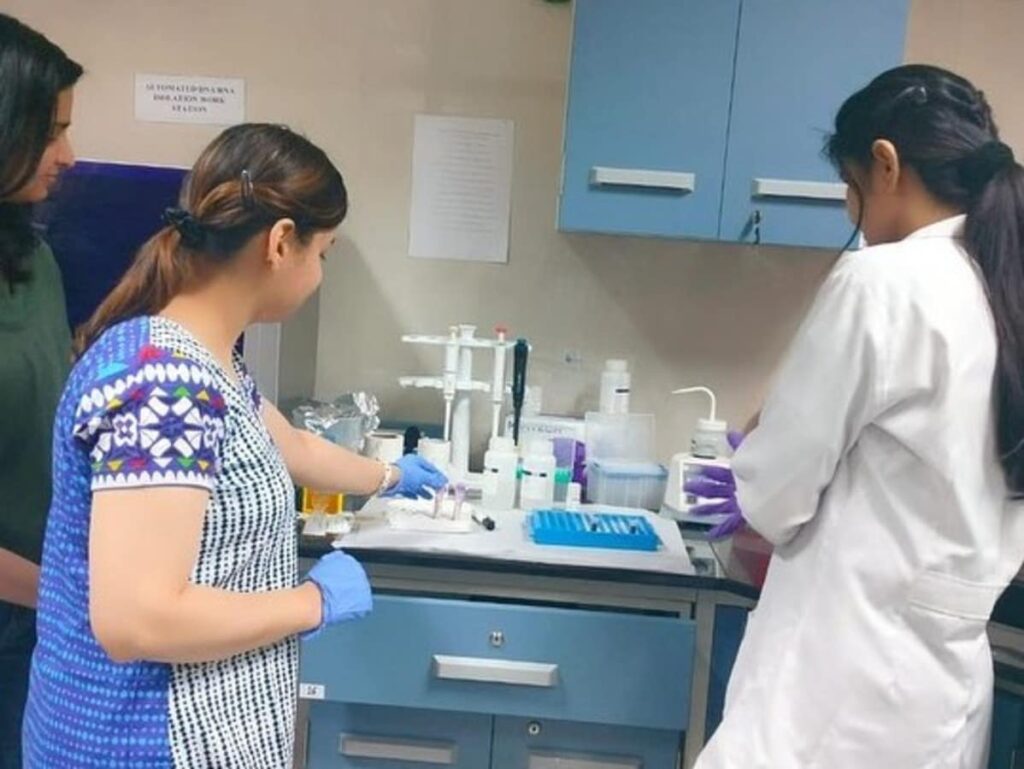The National Eligibility cum Entrance Test (NEET) is a critical examination for aspiring medical and dental students in India. The significance of this test lies in its ability to determine admissions to various undergraduate medical programs, including MBBS and BDS. Despite the completion of two rounds of counseling conducted by the Baba Farid University of Health Sciences (BFUHS) for undergraduate medical courses, it has come to light that all NRI quota seats for Bachelor of Dental Surgery (BDS) in 14 private dental colleges remain unfilled. This alarming situation raises questions regarding the counseling process, and the challenges faced by international candidates seeking to fill these seats.
Understanding NEET and Its Importance
NEET is the sole entrance examination for undergraduate medical programs in India. The exam is conducted by the National Testing Agency (NTA) and serves as a gateway for students who aspire to become doctors or dentists. The NEET score allows students to secure admission not only in government medical colleges but also in private institutions across the country.
Counseling Process for NEET UG
Overview of the Counseling Rounds
The counseling for NEET UG admissions typically consists of multiple rounds, during which candidates are allocated seats based on their scores and preferences. The process usually covers various categories, including general, reserved, and NRI quotas.
Current Status of NRI Quota Seats
Despite efforts to fill the available seats, the recent data indicates that all NRI quota seats in 14 private dental colleges under BFUHS remain vacant. This is particularly concerning as these seats were specifically reserved for international students who have fulfilled the necessary eligibility criteria. The reasons for the lack of uptake can include high tuition fees, limited awareness among eligible candidates, or stringent admission criteria.
Challenges Faced by NRI Students
| Challenge | Description |
|---|---|
| High Tuition Fees | Many private institutions charge steep fees, making it financially challenging for NRI students. |
| Awareness | Potential candidates may not be aware of the NRI quota and the associated benefits. |
| Admission Criteria | Stringent eligibility criteria can deter qualified candidates from applying. |
Possible Solutions
To address the issue of vacant NRI seats, several steps can be taken. Increased outreach and awareness campaigns targeted at international students can elucidate the opportunities available within Indian dental colleges. Additionally, institutions might consider revising their fee structures to make them more appealing to potential candidates from abroad. Moreover, simplifying admission processes could encourage more applications and fill the vacant seats.
Conclusion
The unfilled NRI quota seats in private dental colleges after the NEET UG counseling rounds underscore the need for better engagement with international candidates. By addressing the challenges faced by these students and implementing effective strategies to promote these opportunities, Indian medical colleges can ensure that their resources are fully utilized. This is pivotal not only for the institutions themselves but also for enhancing the diversity and quality of medical education in India.

